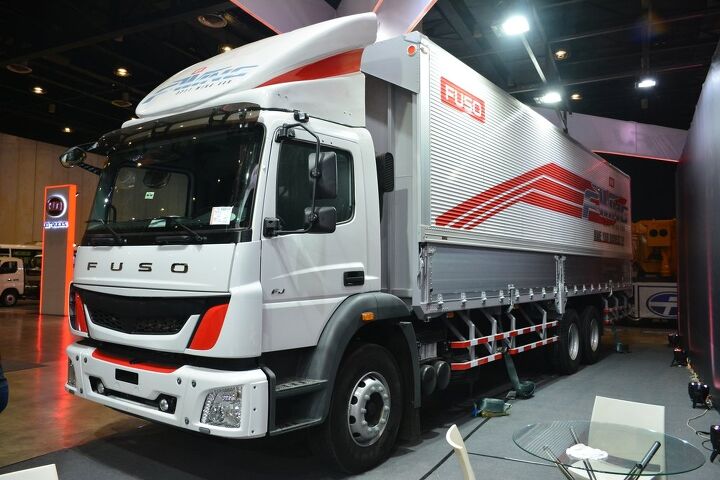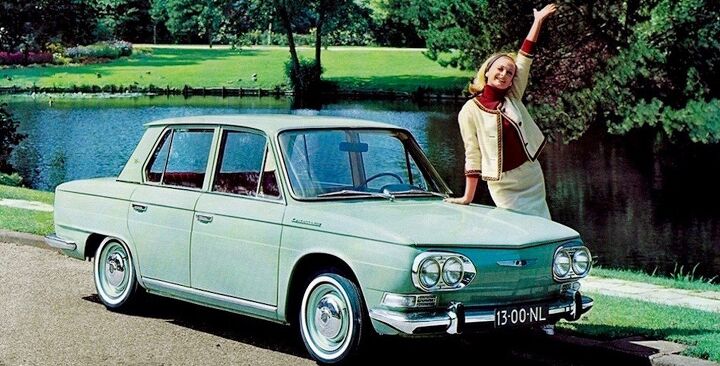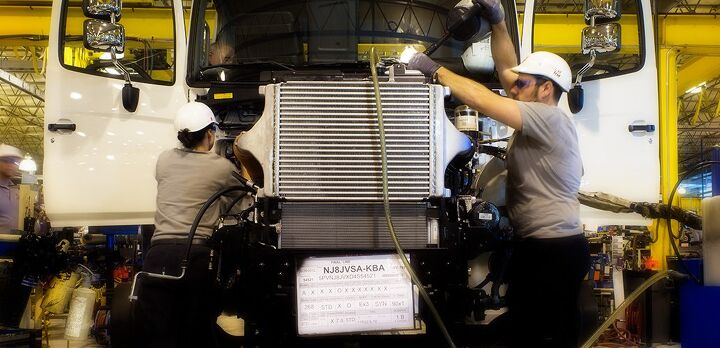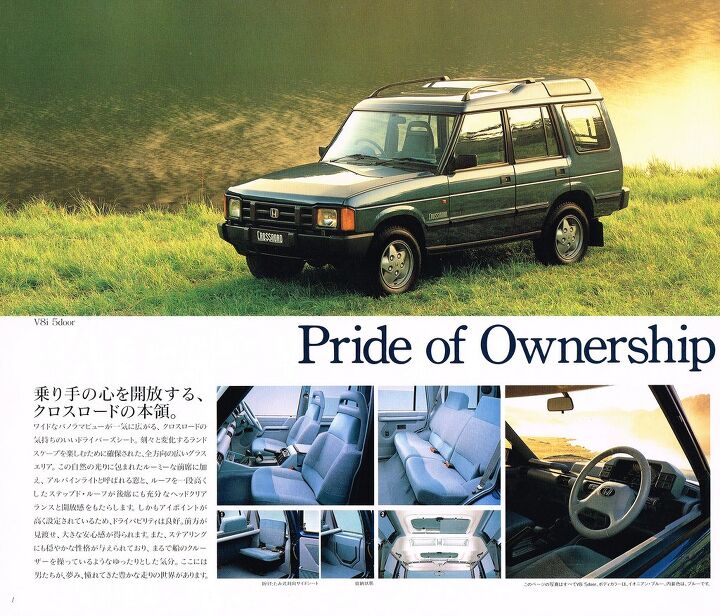#Hino
Toyota & Daimler Merging Hino & Mitsubishi Fuso Truck Brands
On Tuesday, Toyota Motor Corp. confirmed plans to merge its truck-making subsidiary Hino Motors with the rival Mitsubishi Fuso that’s owned by Daimler AG.
If you’re confused by the news, Mitsubishi only has a minority stake in the Fuso brand with Germany’s Daimler having owned 89 percent of the whole since the early 2000s. Meanwhile, Hino Motors has been wholly owned by Toyota Motor Corp. since 2001 and enjoyed a working partnership with Japan’s largest automaker since the 1960s.
Toyota's Hino Motors Confesses to Diesel Emissions Cheating [UPDATED]
A few years ago, you couldn’t sneeze in an elevator without it landing on at least one automotive executive in trouble for diesel emissions cheating. Following Volkswagen’s diesel emissions scandal in 2015, regulators around the globe smelled blood in the water and the feeding frenzy began. Diesel cars that were previously championed as the cleaner alternative in Europe were now public enemy number one. Manufacturers responsible for long-lasting engines with high efficiencies were subjected to enhanced scrutiny. It was something of a sooty witch hunt and has gradually lost steam as the world found new, more immediate things to be outraged with.
But that doesn’t mean nobody has been checking up on them. Hino Motors, Toyota’s truck and bus arm, has confessed that it caught itself cheating after launching an internal investigation into its North American operations. Apparently, some products that should have been subject to Japan’s 2016 emission regulations were not — among some other issues.
Rare Rides: The 1967 Hino Contessa 1300S, Rear-engine Blip on the Radar
Hino is a well-known producer of commercial vehicles today and has been in the commercial truck market since World War II. But for a short while in the Sixties, they built their own rear-engine passenger car.
Say hello to Contessa.
Convoy? Toyota's Hino to Join Forces With Volkswagen's Truck Unit
Volkswagen AG and Toyota Motor Corp are forming a truck-based alliance, allegedly to cut R&D costs. While the two automakers joust for the title of biggest in the world, their trucking arms must have had a rough 2017 to necessitate an alliance solely on the grounds to limit development expenditures… right?
Not exactly. Volkswagen Truck & Bus actually had a really good year. Strong sales pushed revenues up 12.1 percent, and operating profits before special items increased by 26.8 percent (for over $2.41 billion). Meanwhile, Toyota’s Hino saw operating profits improve by 21.5 percent. So why bother with the alliance of both truck builders saw strong returns based on their respective sizes?
Japan's Captive Import History of Masquerading Marques
The Japanese market is notorious for being closed to the outside world. It has forced successful U.S. companies to abandon the country, as Ford did recently, and propped-up sales of niche producer Porsche to outstrip sales of corporate giant General Motors. At first glance, it would seem Japanese buyers just don’t want cars built by companies outside the Land of the Rising Sun.
On this side of the Pacific, imports are so popular that domestic manufacturers attempted to make them their own multiple times. We’ve had Opels called Pontiacs and Buicks, Mitsubishis masquerading as Dodges, Toyotas and Suzukis selling as Geos, and Isuzus branded as Chevrolets.
But has it ever gone the other way? Have Japanese brands ever tried to appropriate the automotive culture of other countries to move the metal?




![Toyota's Hino Motors Confesses to Diesel Emissions Cheating [UPDATED]](https://cdn-fastly.thetruthaboutcars.com/media/2022/07/19/9150960/toyota-s-hino-motors-confesses-to-diesel-emissions-cheating-updated.jpg?size=720x845&nocrop=1)















Recent Comments